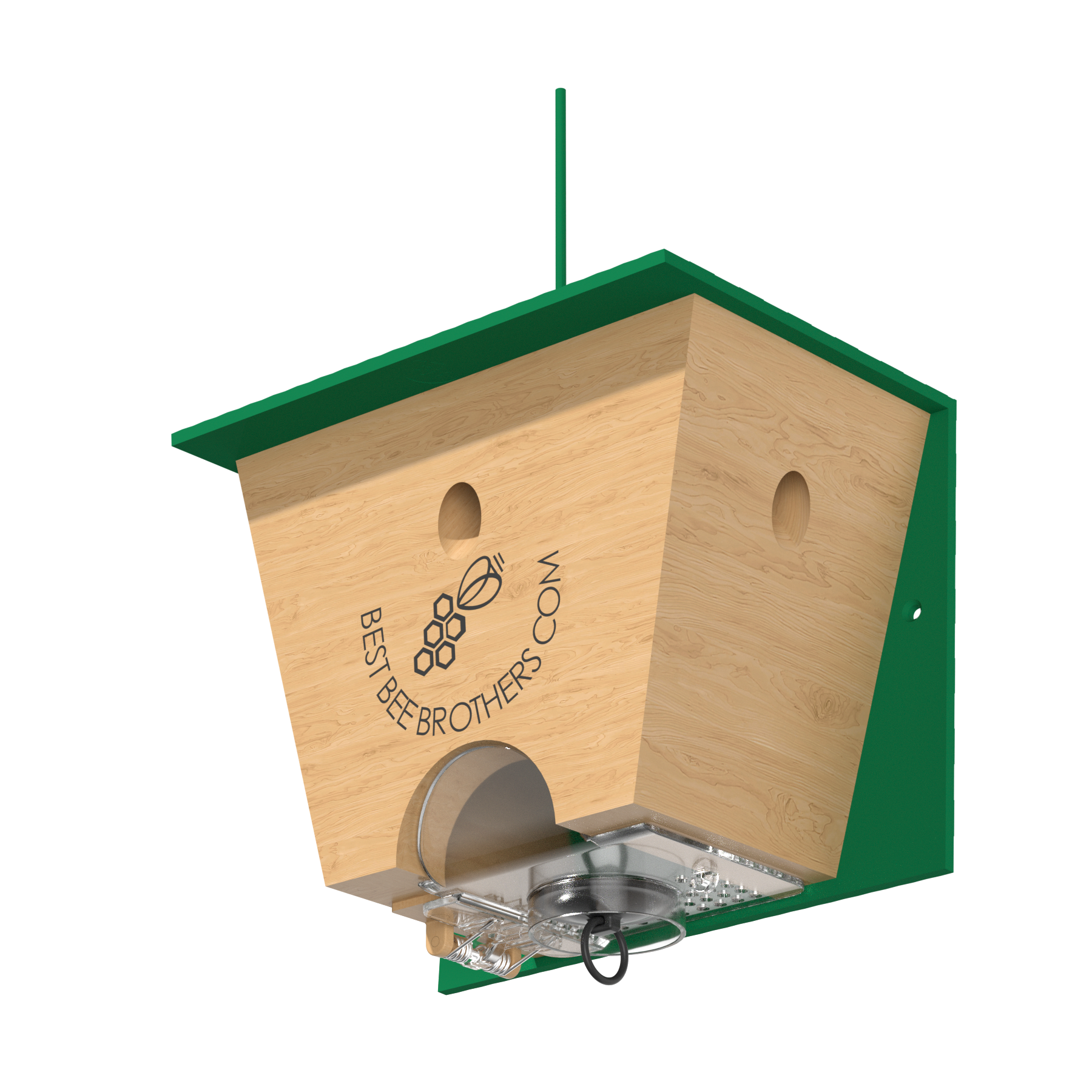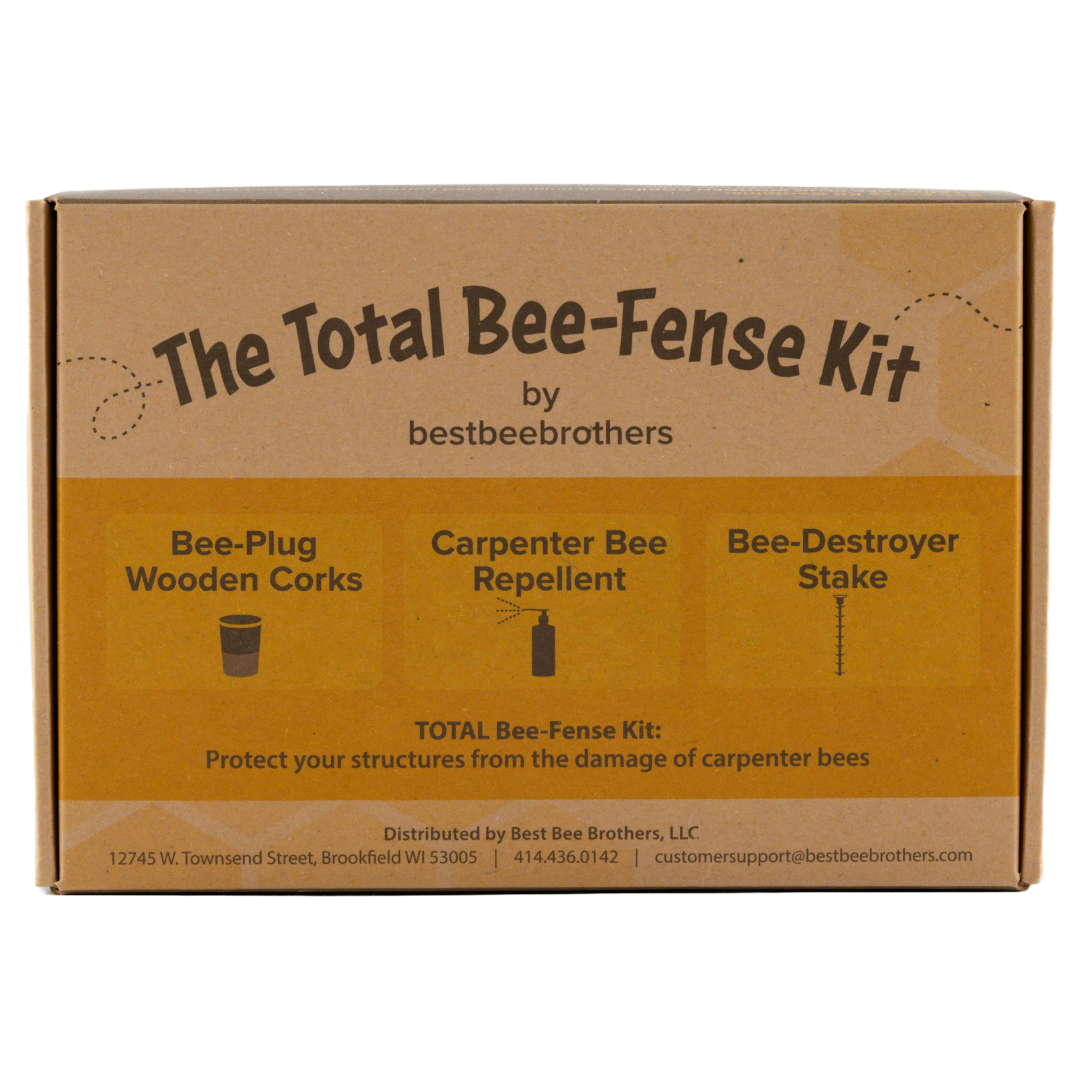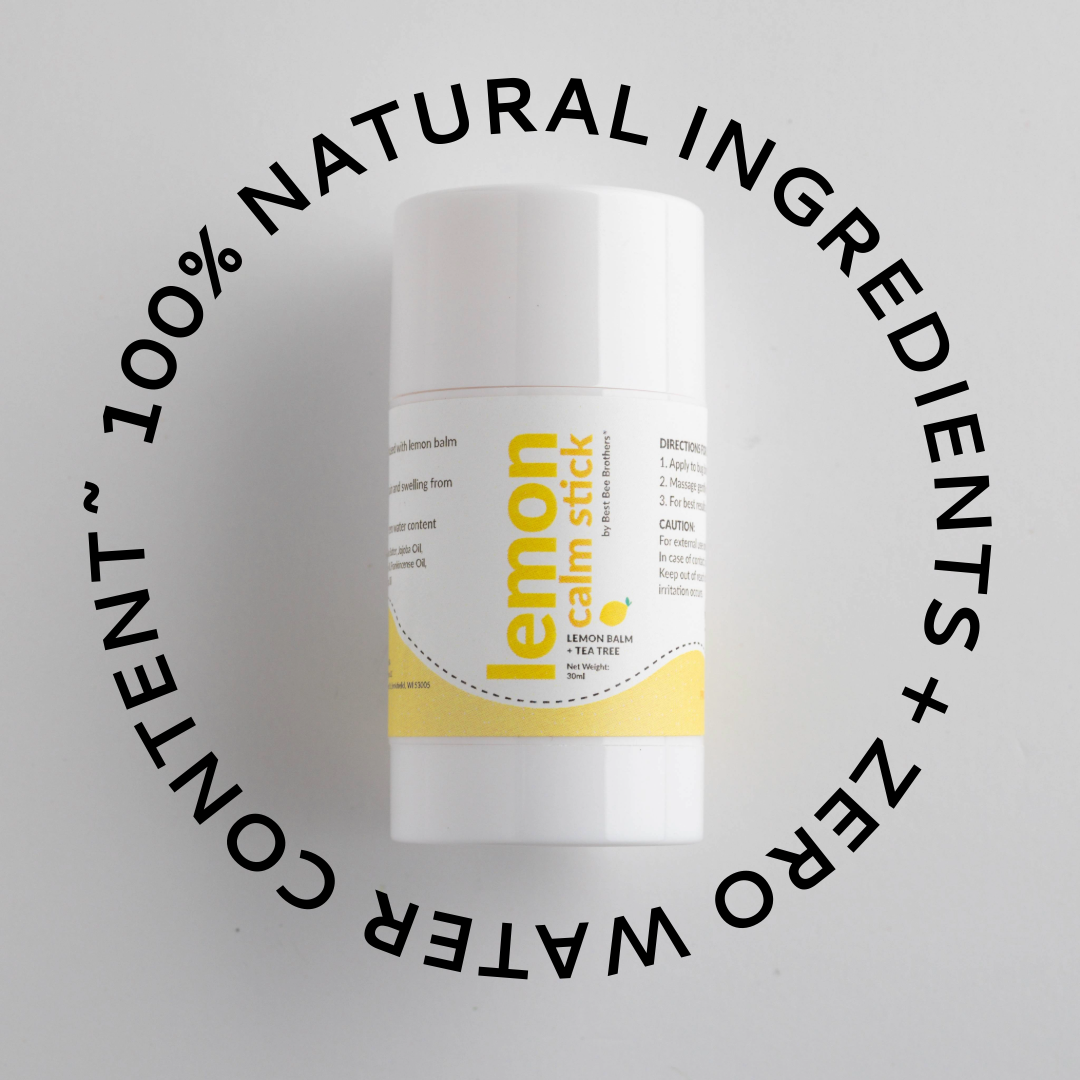What does the word “incense” conjure up in your mind? If you’re imagining meditation retreats or religious ceremonies, you might be missing out on an effective insect repellent. The first incense coil – specifically designed to repel mosquitos – was developed in the early 1900s by two Japanese entrepreneurs, Eiichiro and Yuki Ueyama. While the shape of their product (see below) was different from traditional incense sticks, the overall makeup remained the same.

The active ingredient in the Ueyamas’ invention was pyrethrum paste, a substance derived from chrysanthemum flowers, used as an insecticide for centuries in China and the Near East. Since that time, not a whole lot has changed – and luckily it hasn’t needed to!
Natural incense repellents have been around for over a hundred years and their efficacy has stood the test of time. According to a study conducted in 2012 by the medical journal Parasites & Vectors, “data showed that coils and emanators induce mortality, deterrence, repellency as well as reduce the ability of mosquitoes to feed on humans.”
When it comes to an organic incense for mosquito repellent, however, the most important consideration has less to do with the product shape (coil vs. stick) and more to do with their plant-based ingredients.
Why Are Mosquito Sticks Effective?
The truth is, not all mosquito prevention insect sticks are effective. While there are numerous products available on the market that claim to repel, deter or otherwise kill these warm-weather pests, the simple fact is that not all of them perform as advertised. A good mosquito stick will work by disrupting the olfactory senses that mosquitoes use to locate and home in on their targets.
The key to making sure your money is well spent is to verify that the all-natural incense you’re using is made from plants with insect-repelling properties. Some plants believed to deter insects are rosemary, lavender, mint, lemongrass and peppermint.

At Best Bee Brothers, our Mosquito Prevention Incense Sticks are made from all-natural ingredients including: 90% wood powder, 4% rosemary oil, 3% citronella oil and, 3% lemongrass oil. These fragrant citronella outdoor sticks work in a powerful combination to drive mosquitoes away from your backyard. Since each stick lasts one and a half to two hours, you can comfortably enjoy your time spent outside without getting chewed up.
Are Mosquito Repellent Sticks Safe?
Because our citronella outdoor sticks are made from all-natural ingredients and organic material, you can rest easy knowing that there are no harmful chemicals or pesticides being burned in your incense stick. That being said, mosquito sticks still burn organic material and, as a result, release smoke and ash particles into the air. While the ingredients of each mosquito repellent stick are all natural, it is never a good idea to use them in a small, confined space without adequate ventilation.
For best results, we recommend burning sticks low to the ground to protect feet and ankles (the preferred spot for mosquito bites), and placing each stick about 10–12 feet apart for the best overall coverage and protection.
Don’t Just Take Our Word For It Though...
We all know that the most extravagant promises in the world count for nothing if they are not acted upon with integrity. Here in the Best Bee Community, we pride ourselves on getting honest, down-to-earth feedback about each and every one of our products, and we’re not shy about sharing our results. Here is what some of our customers have to say about our mosquito sticks:
“Much more effective than a rival natural brand purchased on Amazon. The 'skeeters really do keep their distance when I light just one of these. Smell is lighter and more pleasant also—herbaceous and a little floral.”
-Laura
“They really work!!! Sitting outside, lit a stick and kept the pests away!!!!”
-Cheryl C.
“They work great and smell great! My friend was using these last year while I was visiting their lake house and they highly recommended them to me.”
-Michael
For more information about bug-repellent products, visit out Natural Mosquito & Insect Repellent page today!
- Cameron Webb, “Are Mosquito Coils Bad for Your Health?,” The Conversation, ABC News, December 19, 2017, www.abc.net.au/news/2017-12-19/mosquito-coils-do-they-work-are-they-bad-for-your-health/9268492.
- Klaus Roth and Elisabeth Vaupel, “Pyrethrum: History of a Bio-Insecticide – Part 1,” trans. W. E. Russey, ChemViews Magazine, October 20, 2018, https://www.chemistryviews.org/details/ezine/11099733/Pyrethrum_History_of_a_Bio-Insecticide__Part_1.html.
- Sheila B. Ogoma, Sarah J. Moore, and Marta F. Maia, “ A Systematic Review of Mosquito Coils and Passive Emanators: Defining Recommendations for Spatial Repellency Testing Methodologies,” Parasites & Vectors 5 (2012), https://parasitesandvectors.biomedcentral.com/articles/10.1186/1756-3305-5-287.
- Robin Sweester, “Plants That Repel Mosquitoes and Other Insects,” Old Farmer's Almanac, May 27, 2020, www.almanac.com/plants-repel-mosquitoes-and-insects.









Leave a comment
All comments are moderated before being published.
This site is protected by hCaptcha and the hCaptcha Privacy Policy and Terms of Service apply.